|
Writers are a strange bunch. Thanks to social media, we get in-depth looks into their weird minds, for better or for worse. For your amusement, I have guessed at what some of my favorite authors would have written on social media, during different stages of their creative processes.Their language may be altered for comical, modern effects. Please comment with your own ideas below, if mine don't suffice or if you have a favorite author you wish to take on. Jane Austen: Underappreciated Writer Stage, Angry Tweet The persons, be they gentleman or ladies, who have illegally downloaded my most recent book are #intolerablylame #atleastreviewit Edgar Allan Poe: In Love with Own Words Stage, Tweetable @EAPAuthor #inspiration #writerwisdomwednesday #writersRT Sylvia Plath: Writer's Depression Stage, Facebook Status Having one of those off days. Can't seem to find that restless joy I located last week. I have the choice of being constantly active and happy or introspectively passive and sad. Or I can go mad by ricocheting in between. Probably going to take a Facebook break and recharge. Zora Neale Hurston: Procrastination Stage, Foodie Instagram #toooldforlove #comfortingooddinners #foodieshapshots Charlotte Bronte: Productive Stage Nanowrimo, Twitter Word count: 55, 000. #Nanowrimo #Winner but must keep on. This novel transfixes me quite. Herman Melville: Hate Game of Publishing Stage, Facebook Publisher turned down my masterpiece, and wants more filth for the ignorant masses. I can barely put words upon the page without wanting to rip my own eyes from their sockets. To appease you ignorant sobs, I give you what you crave--so much trash to consume without thinking. Thank you for taking this time to be ridiculous with me. I'm in the writer procrastination stage, clearly. And social media makes it much easier to procrastinate, no? Okay, back to work, H.M.!
0 Comments
Guest Post by Bob MuellerWhat's your biggest fear about your writing? What is it that petrifies you, that jolts you out of the story when the words are flowing like hot fudge over a sundae? What is it that keeps you from writing that first word? It's fear, isn't it? Because we've all been there. We've all sat in front of the computer, fingers poised over the keys, eyes focused, a coiled Usain Bolt in the starting blocks. We've all imagined ourselves as Hemingway or Parker or Kellerman or Child in front of their typewriters, getting ready to let the words flow like the Amazon. We hit the Shift key, and our fingers drift to the first letter of the first word and… We freeze. We panic. You can't do that! Only amateurs would start a story that way. You call that a sentence? A trained monkey could write better. Hell, they probably have. Wait. Wasn't there a gorilla who learned sign language? I think they wrote a book too. Probably sold more than this one ever will. And just like that, you're done, aren't you? You're convinced that nothing you write will ever be worth reading, let alone selling. Who would want to read your dreck? It's one of the worst things about writing. Here's one of the best things about writing. You're not alone. Not just writers, either. We're all like that. Every single creative in the world. Anyone who's ever rolled a piece of paper into a typewriter, or opened an inkwell and looked a blank music staff, or put the canvas on the easel, or raised an instrument in their hands has felt that same fear, that angst. It's visceral, isn't it? It ties your heart into knots and shuts your creative side down like a bank vault. You're terrified that you're going to fail, that your work will be shit, and you'll go through the rest of your life with a crimson L on your clothes. Even more terrifying is the idea that the first one will be good, but that it'll be the only good one you have in you. That the first one was a fluke. You just got lucky with that one, like the monkeys turning out Shakespeare. That's where I am right now. It's been more than reinforced by the recent closure of my publisher. I'm in the process of re-re-releasing The Sad Girl, but in the back of my mind, I keep hearing that voice whispering that I won't sell any more copies of it, and I won't sell any copies of the next book in the series, or any other book I ever might actually get around to writing. It's affected my writing to a fair degree. I've finished the second book in the series, and I've started the third. But I've thrown away more than I've written, and I'm not even a quarter of the way into the book. I tell myself that what's holding me back is needing to research more, or learn more, or plot it out more, not dreading the possibility that everyone will hate every single word I ever write again, and that people who bought the first book were just being nice. There's a name for this. It's called imposter syndrome. The term was coined in 1978 by two clinical psychologists, and refers to high-achieving individuals marked by an inability to internalize their accomplishments and a persistent fear of being exposed as a "fraud" according to Wikipedia. It's not listed in the DSM, so it's not considered a formal mental disorder. Pauline Clance and Suzanne Imes, who coined the term, define it as a feeling of “phoniness in people who believe that they are not intelligent, capable or creative despite evidence of high achievement. If you're dealing with it, you're in good company. Everyone from American presidents to Neil Gaiman, Sheryl Sandberg and Emma Watson have talked about having these same feelings at one time or another. So now that you know what it's called, you can deal with it, right? Once a thing is named, it becomes infinitely easier to deal with, because you know what to call it, and you know that other people have had the same problem, so it's beatable. How? There are some great ideas in this piece over at StartupBros. It's a couple of years old, but certainly still valid. I especially like #4: Keep a file of people saying nice things about you. That's sort of counterintuitive, because as authors, we're so often told to ignore the reviews. Don't read them at all, right? But here's someone suggesting not only should we read them, but we should save some of them! How crazy is that? I think it makes a lot of sense. I wouldn't save every single one. But if there's one where you can tell that you really connected with the reader, and they really understood what you were writing, save that one. Maybe screenshot it and post it as your background for a while. Or maybe just print it off and save those in your pity party file. Then when you feel one coming on, and you need some positive affirmation about your abilities and craft, go browse through that file for a bit. Then go get your butt in the chair, hands on the keyboard, and start writing. You got this. 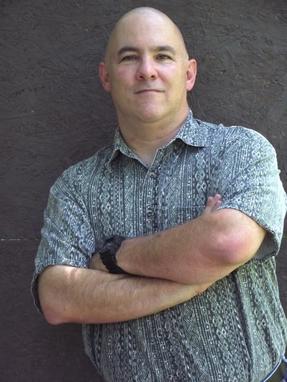 When you get right down to it, Bob Mueller writes about emotions. He finds them in his own experiences as a divorced father and family member of a sex abuse survivor, and from the people he meets. He puts himself in someone else’s shoes, and teases out their feelings. Blending that with bits and pieces of history and life experience, he crafts a story that might have been inspired by a song, or a news article. But it’s about emotions in the end. Born in north Texas and raised in southeastern Ohio, Bob is a member of International Thriller Writers, Tulsa NightWriters and Oklahoma Writer’s Federation, a father of eight, and a pastor’s husband. When he’s not writing, he enjoys reading (thrillers, historical fiction and non-fiction, and police procedurals), genealogy, and shooting. For more information, visit http://www.bobmuellerwriter.com. I was, like many intelligent and thoughtful individuals, disgusted by Dan A-hole Turner's complete dismissal of the young woman who his son raped, of the very fact that his son raped, of his completely ignorant and lacking letter. It shows that Dan is the type of man who has always excused his son's poor behavior, and when one does this with one's children, those children never learn empathy. So, I fixed your letter, Dan. You're welcome. If you've not read the letter, maybe you shouldn't. It will make you angry. If you really want to do so (I don't suggest it). Here is a reference. As a writer who is empathetic, as a writing teacher, an editor and a survivor of sexual assault, here are some suggestions that will make this letter not disgusting. For fun, I've addressed it to you. Notice how I take into consideration fault, the violence that occurred and the ways in which that violence might have harmed the survivor. Feel free to use any of this. It's called empathy and honesty. Dear Dan A. Turner:As it stands now, a woman’s life has been deeply altered forever by the rape of Jan. 17th. She will never be her happy-go-lucky self, with her bright and welcoming smile. After the rape she is consumed with worry, anxiety, fear and depression. After all, how can you welcome a person who might intend you harm? You can see it in her face, in the way she walks (always looking behind her, always with a fist clenched around her mace), her silenced voice, her lack of appetite. The survivor always enjoyed going out to eat with friends, but now she is careful about who she goes out with, what she eats, what she drinks. Not because she should have to be, but because a man who likes steak treated her like meat. The judge’s verdict has shattered her and her family in so many ways. Her life will never be the one she dreamed of before she was badgered, broken, and abused. That is what twenty minutes of sexual violence can do; it can shatter a survivor’s dreams, relationships, self-confidence, her life. The fact that her abuser will face such a lack luster penalty, will too soon stroll streets--streets so much like the one where he raped her--forever alters how she will be able to interact with the world. For how can she trust a world where sports scores trump the safety and well-being of victims of sexual assault? What I know as a survivor of sexual assault is that incarceration is a proper and fitting punishment for sex offenders, one that creates an environment of no tolerance, and a feeling of safety and support on the part of the survivor. On Jan. 17th, Brock forced himself on an unconscious woman, left abrasions, lacerations, pine needles and dirt inside her, and you refuse to say what he did was violent. No woman or intelligent man wants to hear your son spout bullshit about sexual promiscuity and drinking, as “promiscuity” is a term meant to shame and demean females exclusively. Since boys are never labeled in such a way. How can a man who does not understand what rape is, does not understand consent, even try to speak to such a subject without fucking it up? He doesn’t. So he shouldn’t. And neither should you. For the survivor of your son’s violent attack, and for all victims of sexual abuse, let me personally say: probation is bullshit. Stop making excuses for your child’s disgusting, demeaning and violent behavior. It is clear to me, to so many of us, that you’ve been excusing him for so long that he never learned how to take responsibility for his own actions and thoughts. It’s clear to us all that men like him, like you, like the judge who pardoned him are still placing the blame on the victim. With dripping anger and deep wishes that you’ll grow a brain, H.M. Jones 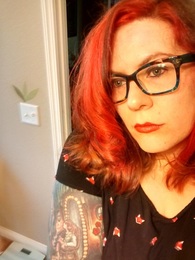 H.M. Jones is the author of many books in which the topic of rape is neither sugar-coated or excused. Monochrome, her dark fantasy, will be re-printed by Feminine Collective in 2016. It was awarded an honorable mention at the LA Book Festival, a B.R.A.G medallion and was a NIEA finalist book in the New Adult category. H.M. writes many short stories, guest pieces and poems, which are featured in various books and a few wonderful sites. She is a mother to two children, three chickens and one dog. She is married to a man who likes books almost as much as she does. |
AuthorH.M Jones is the author of B.R.A.G Medallion Honor and NIEA finalist book Monochrome, its prequel Fade to Blue, the Adela Darken Graphic Novellas, Al Ravien's Night, The Immortals series, and several short stories. Archives
December 2019
Categories
All
|
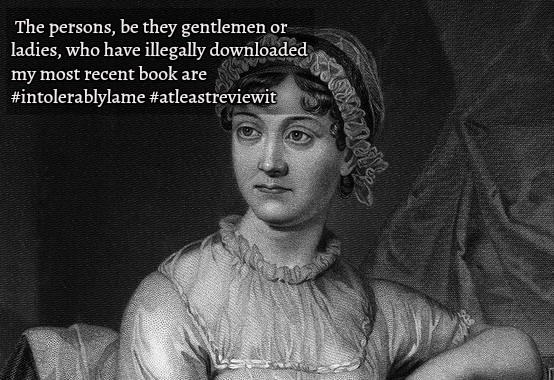
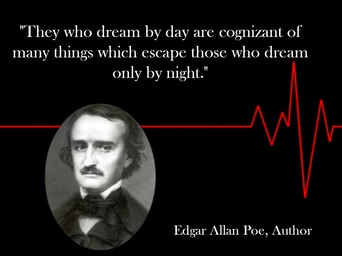


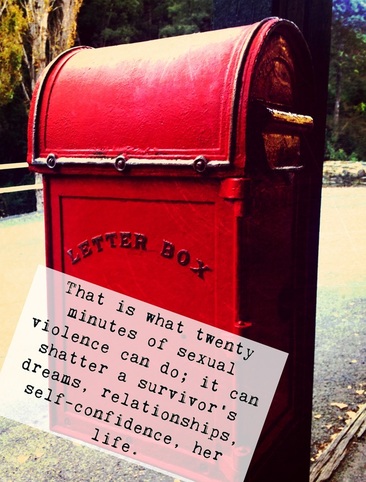
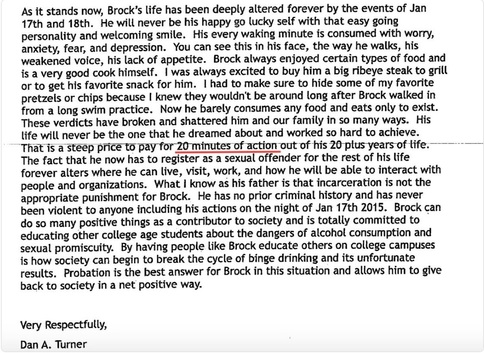
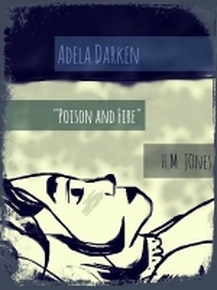
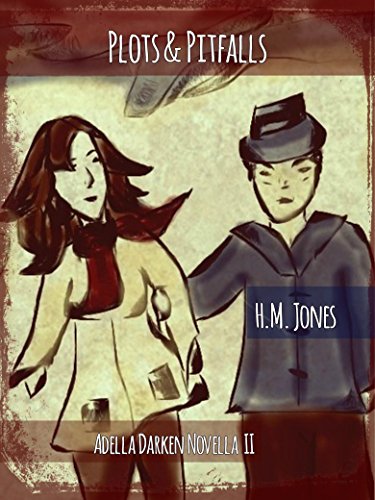
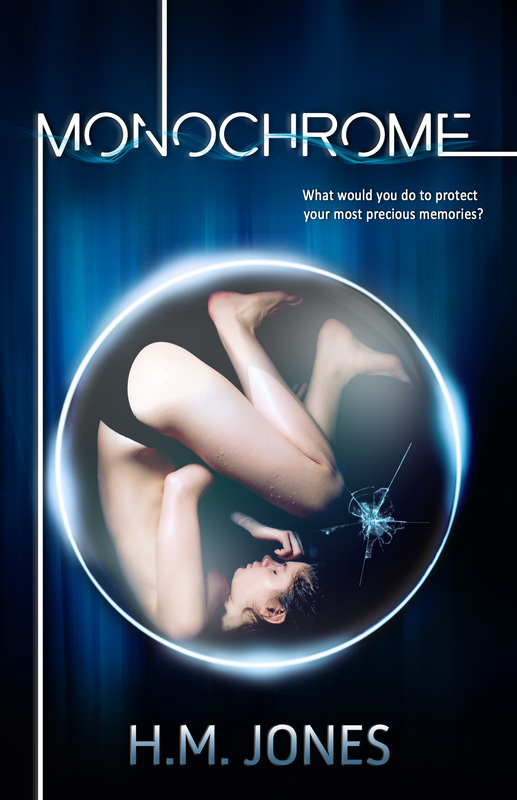
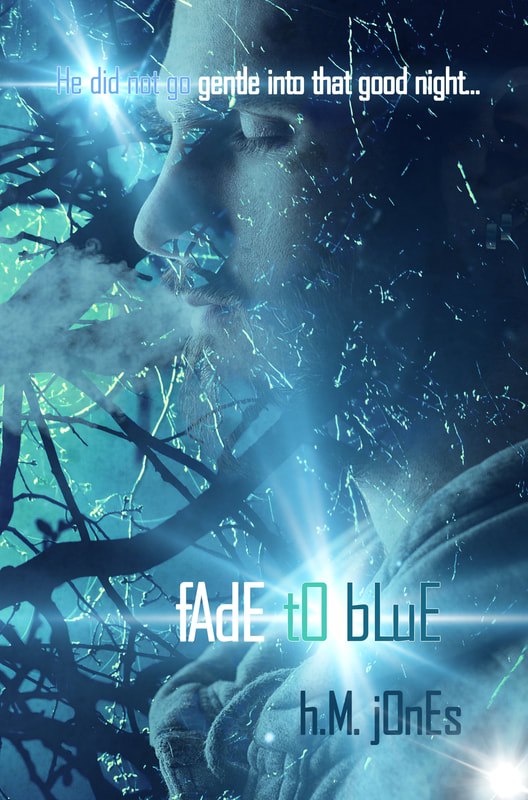
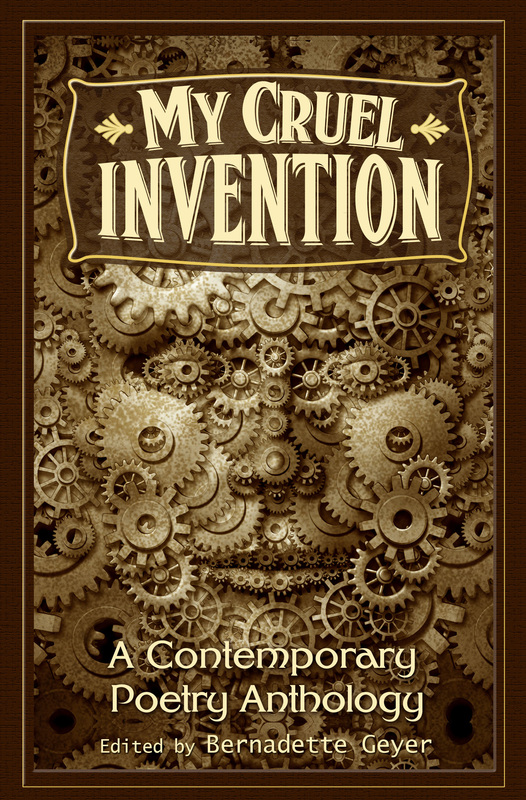
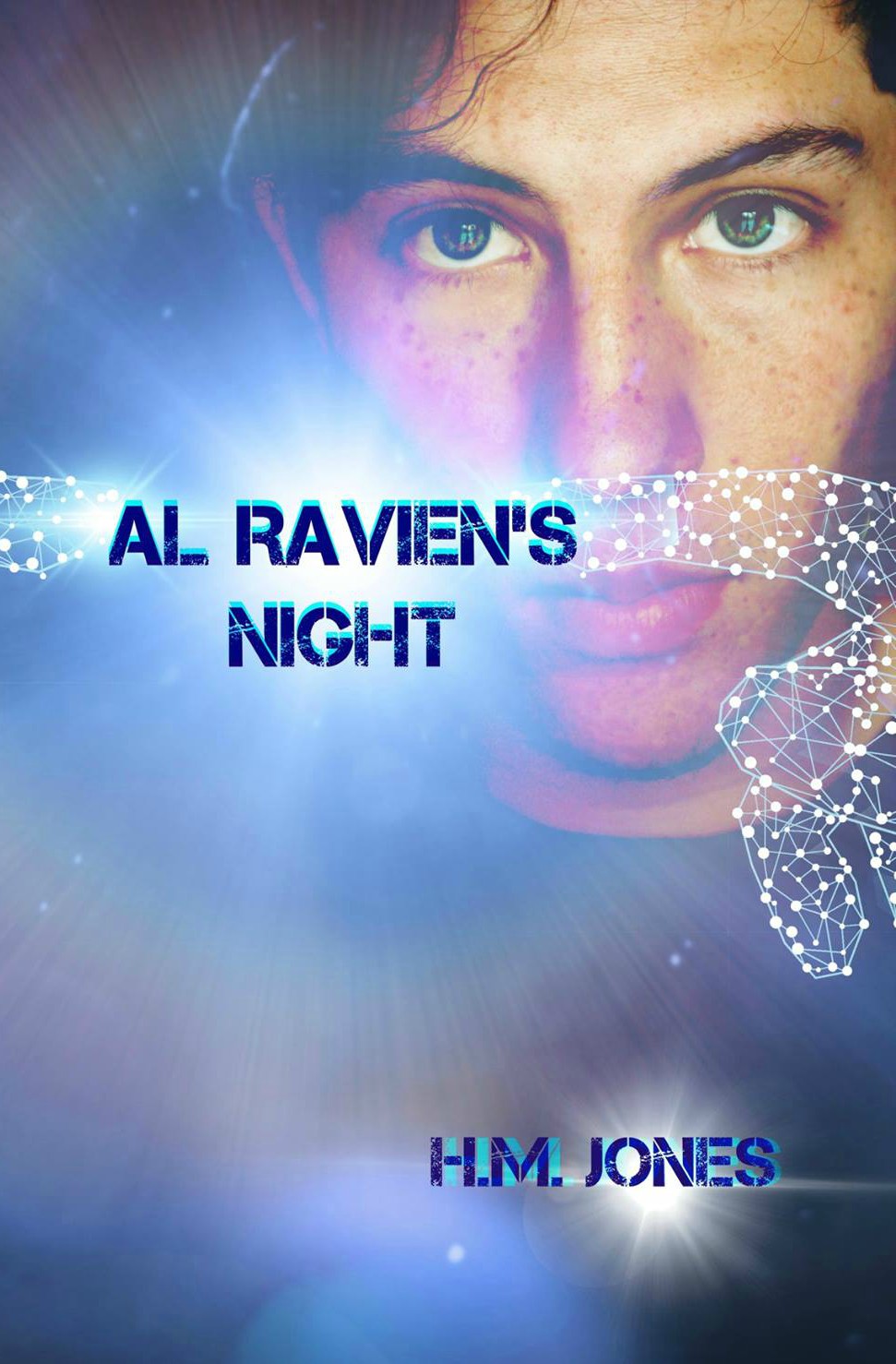
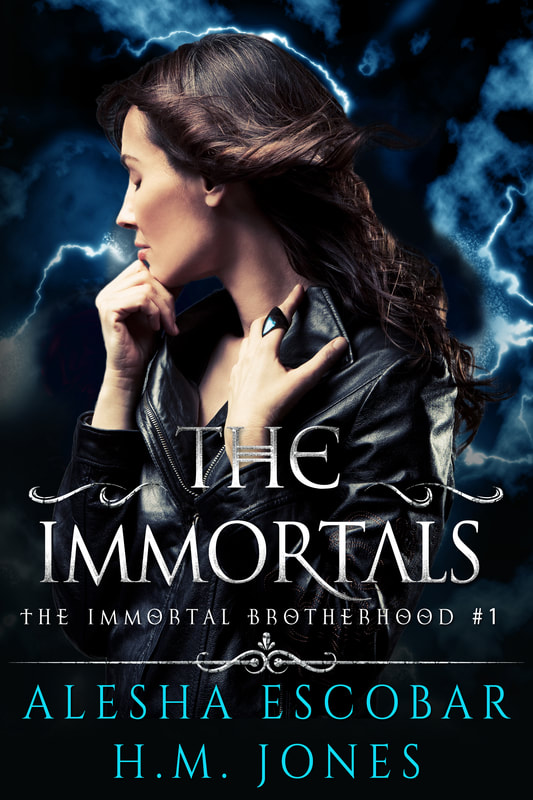
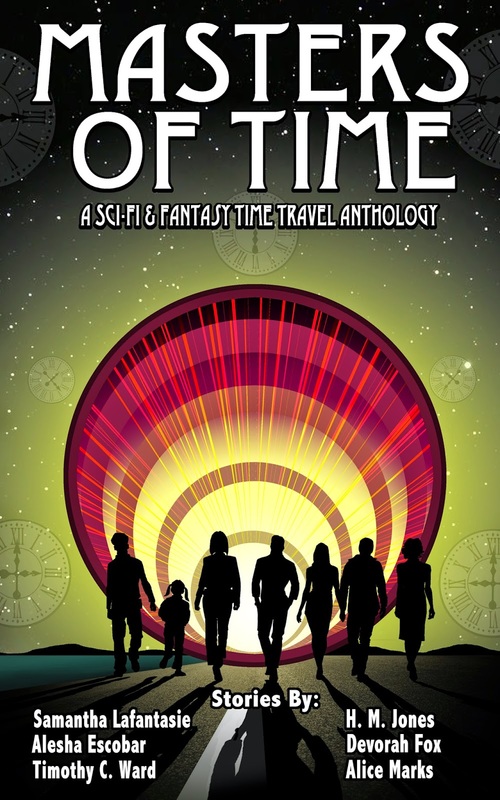
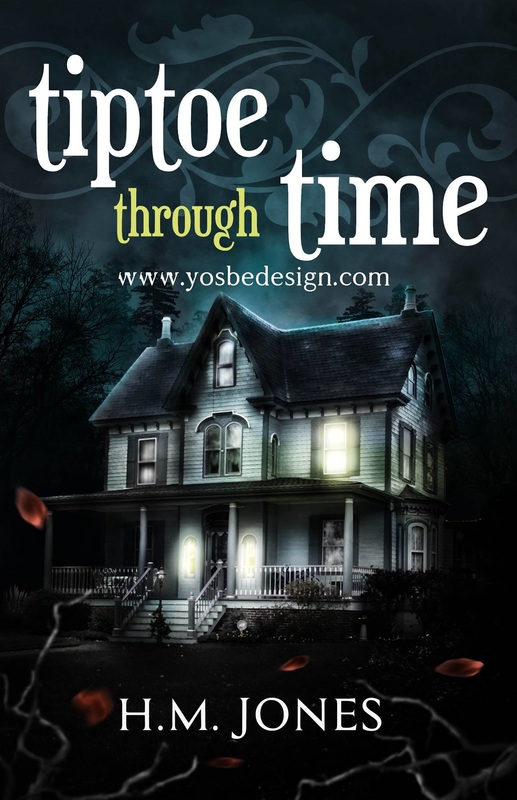
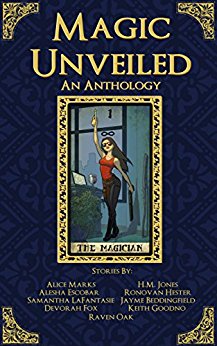
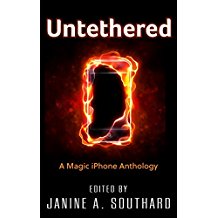
 RSS Feed
RSS Feed
